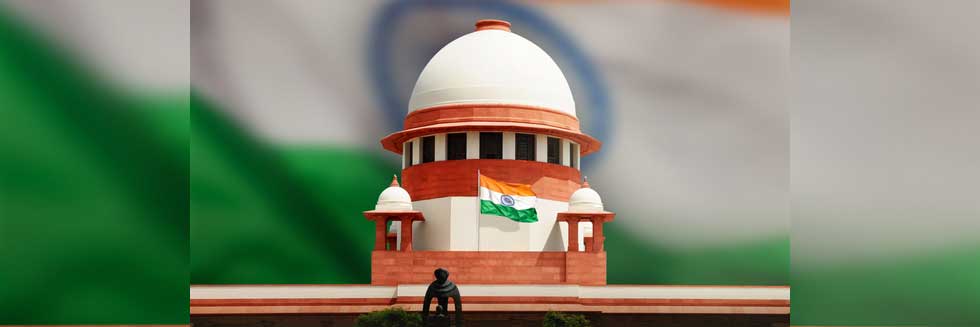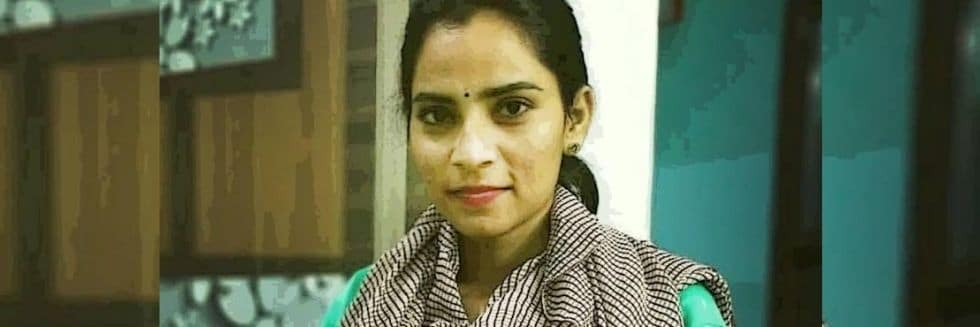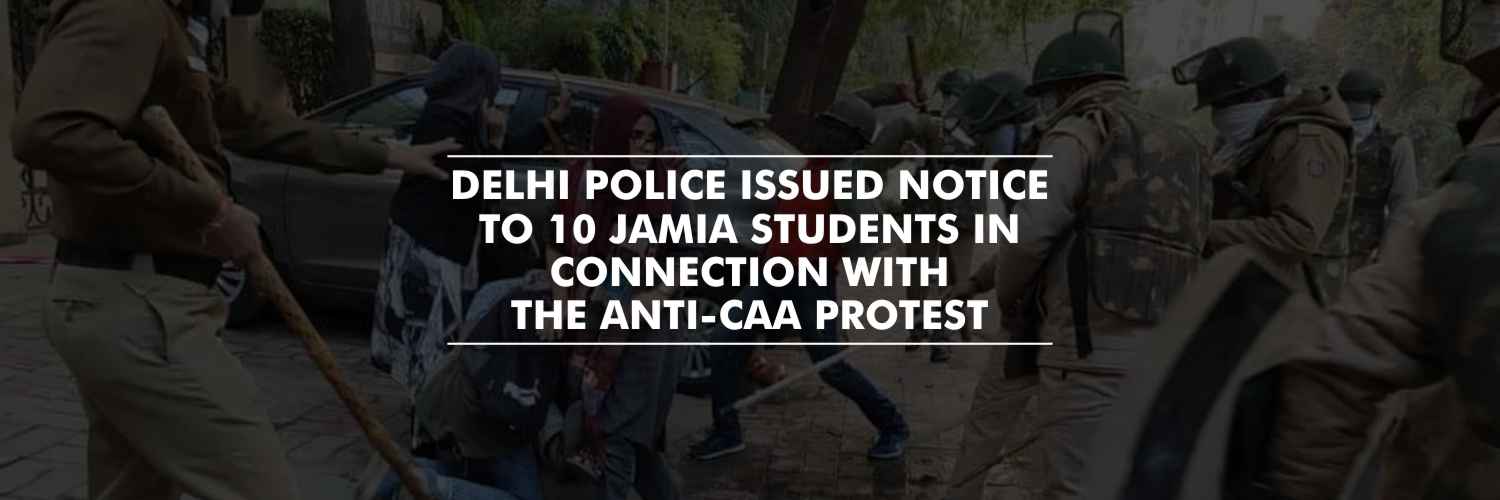In a landmark decision, Allahabad High Court held that a divorced Muslim woman has the right to maintenance from her ex-husband not just for the iddat period but for the rest of her life until she remarries someone.
The Division Bench comprising Justice Surya Prakash Kesarwani and Justice Mohd Azhar Husain Idrisi made the following observations under Section 3 of the Muslim Women (Protection of Rights on Divorce) Act, 1986 and stated that the payment of maintenance is not limited only to the Iddat period which lasts three months and 13 days from the date of divorce.
The High Court bench noted that the family court had committed a manifest error of law by not taking into account the Supreme Court’s judgment in the case of Danial Latifi and another Vs. Union of India (2001) 7 SCC 740.
The top court had interpreted Section 3 of the 1986 Act with regard to fair provision and maintenance and ruled that it would extend to the whole life of the divorced wife unless she gets married for a second time.
“At the time of divorce, the Muslim husband is required to contemplate the future needs and make preparatory arrangements in advance for meeting those needs. “Reasonable and fair provision” may include provision for her residence, her food, her cloths, and other articles,” said Allahabad High Court.
Section 3(2) of the Muslim Women (Protection of Rights on Divorce) Act states,
“Where a reasonable and fair provision and maintenance or the amount of mahr or dower due has not been made or paid or the properties referred to in clause (d) of sub-section (1) have not been delivered to a divorced woman on her divorce, she or any one duly authorised by her may, on her behalf, make an application to a Magistrate for an order for payment of such provision and maintenance, mahr or dower or the delivery of properties, as the case may be.”
Section 3(3) of the Muslim Women (Protection of Rights on Divorce) Act states
“Where an application has been made under sub-section (2) by a divorced woman, the Magistrate may, if he is satisfied that—
(a) her husband having sufficient means, has failed or neglected to make or pay her within the iddat period a reasonable and fair provision and maintenance for her and the children; or
(b) the amount equal to the sum of mahr or dower has not been paid or that the properties referred to in clause (d) of sub-section (1) have not been delivered to her. make an order, within one month of the date of the filing of the application, directing her former husband to pay such reasonable and fair provision and maintenance to the divorced woman as he may determine as fit and proper having regard to the needs of the divorced woman, the standard of life enjoyed by her during her marriage and the means of her former husband or, as the case may be, for the payment of such mahr or dower or the delivery of such properties referred to in clause (d) of sub-section (1) to the divorced woman: Provided that if the Magistrate finds it impracticable to dispose of the application within the said period, he may, for reasons to be recorded by him, dispose of the application after the said period.”
Case Details
The bench was hearing a petition filed by a divorced woman Zahid Khatoon. She got married to Nurul Haque Khan in 1989 who is a postal department employee. After over 11 years, Nurul gave triple talaq and married another woman.
However, the husband neither paid a Mahr nor any maintenance amount nor returned the articles belonging to the appellant wife,
Aggrieved by the same, the wife filed an application under Section 3 of Muslim Women (Protection of Rights on Divorce) Act 1986 Act in the Magistrate’s Court in Ghazipur seeking maintenance. The case was transferred to the Ghazipur family court in 2014.
In September 2022, the Family Court directed the husband to pay maintenance to his wife only for the period of iddat i.e. 3 months and 13 days at the rate of Rs 1500/month. Subsequently, she challenged the order in Allahabad High Court.
High Court Observations
The bench rejected the opposite counsel’s argument that the court below was not having any jurisdiction to pass the impugned judgment. Allahabad High Court bench stated that the husband didn’t raise any objection before the family court and in fact, accepted the impugned judgment.
Stating that the Muslim Women (Protection of Rights on Divorce) Act is a beneficial piece of legislation, the High Court referred to the Supreme Court judgment in Danial Latifi (supra) and Sabra Shamim vs. Maqsood Ansari, (2004) 9 SCC 616 to note that a divorced wife will be entitled to maintenance not only till the iddat period but beyond until she remarries.
The bench stated that the Top Court took note of Section 4 of 1986 Act, the apex court had noted the provision has an overriding clause as to what is stated earlier in the Act or in any other law for the time being in force, where the Magistrate is satisfied that a divorced woman has not re-married and is not able to maintain herself after the iddat period, he may make an order directing such of her relatives as would be entitled to inherit her property on her death according to Muslim Law to pay such reasonable and fair maintenance to her as he may determine fit and proper, having regard to the needs of the divorced woman, the standard of life enjoyed by her during her marriage and the means of such relatives and such maintenance shall be payable by such relatives in the proportions in which they would inherit her property and at such periods as he may specify in his order.
Therefore, the High Court set aside Family Court’s judgment and remitted the matter back to the Magistrate to decide the case by determining the maintenance amount and return of properties in accordance with the law within three months.
The Court directed that for a period of three months or till the case is decided, whichever is earlier, the respondent-husband herein shall pay to the applicant/ appellant, a sum of Rs.5000/- per month before the 10th day of each month towards interim maintenance.






